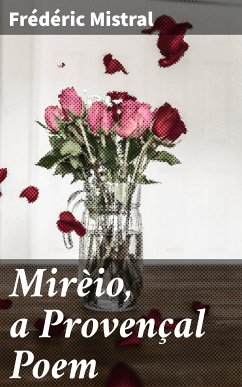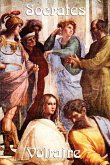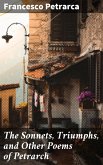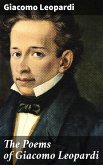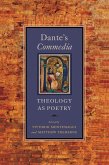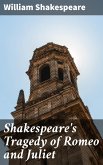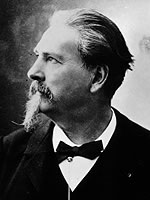"Mirv®io, a Provenvßal Poem" is a luminous narrative that weaves love, cultural identity, and the pastoral beauty of Provence into its verses. Frv©dv©ric Mistral employs the rich and lyrical dialect of Occitan, encapsulating both the musicality and emotional depth of regional experience. Through its captivating storytelling and vivid imagery, the poem embraces the themes of nature, tradition, and the timeless struggle between desire and societal constraints, allowing readers to explore the heart of Provenvßal life in the 19th century. Frv©dv©ric Mistral, a pivotal figure in the revival of the Occitan language and culture, drew upon his deep-rooted love for his homeland to create this semi-epic work. A recipient of the Nobel Prize in Literature in 1904, Mistral was profoundly influenced by the romantic ideals of his time and the cultural heritage of Provence, championing its folklore and traditions through his writing. His commitment to documenting the local dialect and customs plays a crucial role in "Mirv®io," solidifying its place in both literary and cultural history. This poem is highly recommended for readers interested in regional literature, romantic poetry, and the intricacies of cultural preservation. Mistral'Äôs vivid portrayal of Provenvßal life and love transcends geographical and temporal boundaries, inviting readers to engage with the profound emotional landscape of humanity in a manner that resonates universally.
Dieser Download kann aus rechtlichen Gründen nur mit Rechnungsadresse in A, B, BG, CY, CZ, D, DK, EW, E, FIN, F, GR, H, IRL, I, LT, L, LR, M, NL, PL, P, R, S, SLO, SK ausgeliefert werden.

